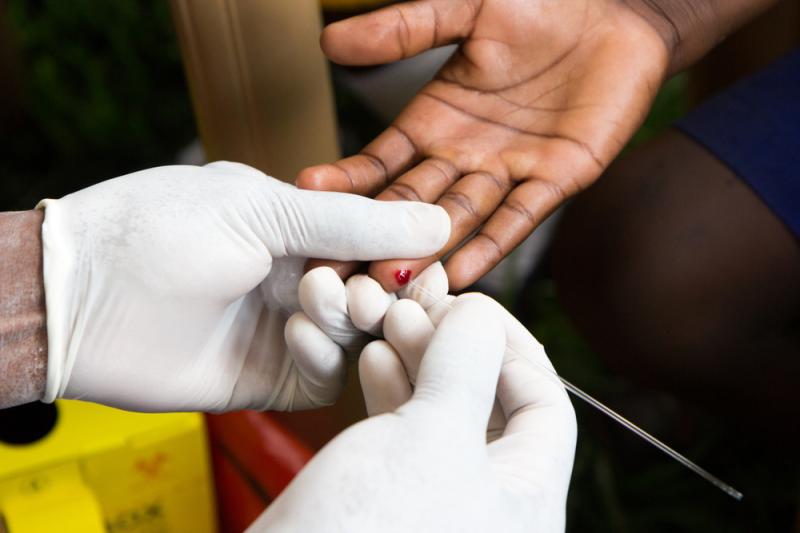
A blood test is shown to be feasible and safe for early detection of multiple cancers in women with no current or known history of cancer, enabling early treatment with curative intent in a subset of individuals.
“The ability to detect multiple types of cancer at an early stage through a minimally invasive blood test is one of the most exciting advancements in cancer diagnosis. Results of the study will lead us to the design of randomized trials to establish the clinical utility, cost-effectiveness, and benefit-to-risk ratio of future tests,” said investigator Dr Nickolas Papadopoulos, from the Johns Hopkins School of Medicine, Baltimore, US. [Papadopoulos N, et al, AACR 2020, abstract CT022]
In the prospective interventional study, 10,000 women aged 65–75 years with multiple comorbidities and no current or known previous history of cancer enrolled through the Geisinger Health System were screened for multiple cancers using the DETECT-A blood test. Study participants with positive DETECT-A blood test results were followed up with PET-CT, rather than molecular localization, to diagnose, localize and stage putative cancers and were provided with curative-intent treatment, if required.
The DETECT-A blood test is an earlier version of the CancerSEEK test, without improvements in test characteristics that have been developed for CancerSEEK. The test is able to analyze 16 commonly mutated genes and 9 protein markers known to be linked to various types of cancer.
Multiple types of cancers, including lymphoma and cancers of the appendix, uterus, ovary and kidney, can be detected through the DETECT-A blood test. Localized or regional cancers, for which curative-intent treatment has higher success rates, accounted for 65 percent of all cancers detected by the DETECT-A blood test in the study participants. The blood test alone was found to have a positive predictive value (PPV) of 14 percent. When combined with PET-CT, the PPV increased to 41 percent. DNA mutations in cancers attributed to 57 percent of the cases detected.
Importantly, the DETECT-A blood test identified twice the number of cancer cases compared with standard of care (SoC) screening alone, without discouraging SoC screening in the study population.
Therapy with curative intent was given to study participants who tested positive on the DETECT-A blood test and were subsequently diagnosed of lymphoma or cancer of the breast, lung, colorectum, uterus, ovary or kidney.
Close to 99 percent of individuals in the study did not undergo any follow-up procedure, indicating the efficacy and safety of the DETECT-A blood test. Noninvasive or minimally invasive procedures were performed in the remaining 1 percent of individuals with a false positive test result. Operations were required in three individuals.
According to the investigators, these results indicated a potential for the DETECT-A blood test to be incorporated into routine clinical care for early detection of cancer. The results also suggest that the DETECT-A blood test could potentially be used to guide patient management, facilitating early intervention in the tumour progression process.
At present, nearly 60 percent of all cancer cases are detected at an advanced stage when metastasis has occurred. Early detection whilst the cancer is still localized increases the rate of successful treatment with existing therapies, such as immunotherapy, and triples the 5-year survival rate from 30 percent to 93 percent. [https://seer.cancer.gov/canques/]